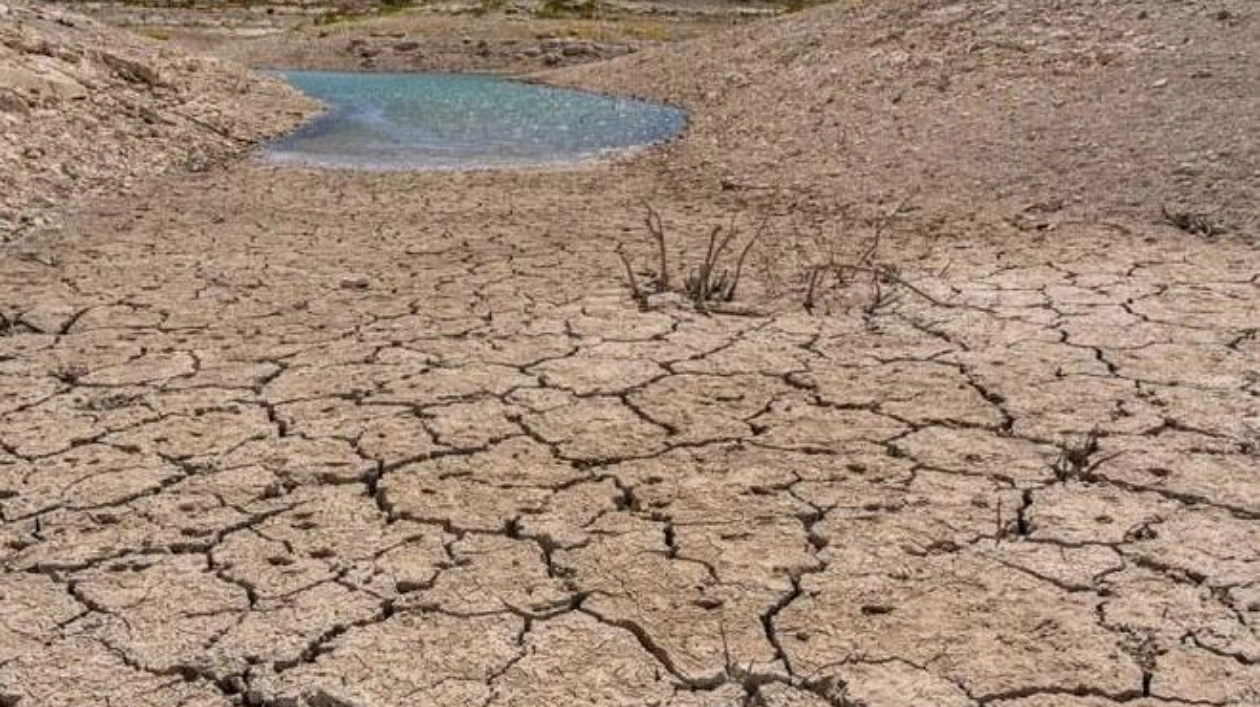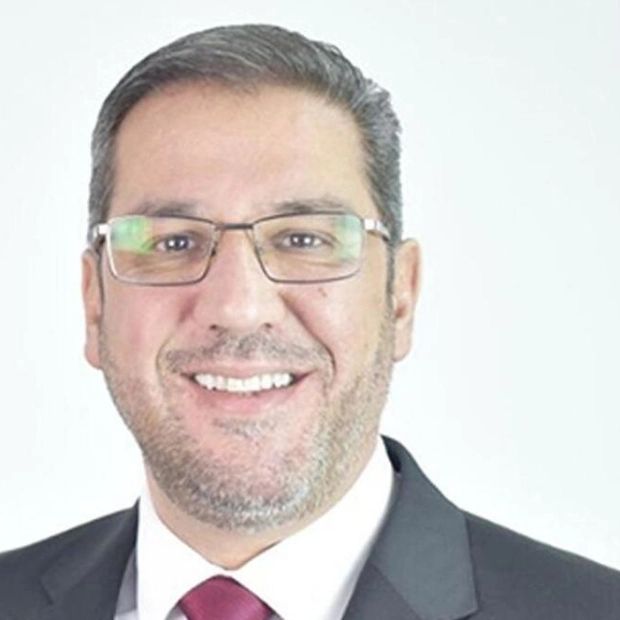RIYADH: Saudi Arabia has unveiled the Riyadh Global Drought Resilience Partnership, backed by a $150 million investment, according to a senior official.
During the inaugural plenary session on the opening day of the UN Convention to Combat Desertification, COP16 President and Saudi Minister of Environment, Water and Agriculture Abdulrahman Abdulmohsen Al-Fadley outlined that the initiative seeks to bolster multilateral efforts in countries most affected by drought.
This initiative aligns with the G20 Global Land Initiative, launched by the Kingdom and the UN in 2020, aiming to reduce degraded land by 50% by 2040. It also reflects the country’s proactive stance on land degradation, as evidenced by the Saudi Green Initiative, which has committed to rehabilitating over 74 million hectares of land, with 94,000 hectares already restored and 49 million plants and shrubs planted since 2021.
“The Riyadh Global Drought Resilience Partnership aims to enhance multilateral efforts to build resilience, particularly in countries most affected by drought. It involves proactive partnerships to support the UNCCD,” Al-Fadley stated.
“I am pleased to announce that the Kingdom of Saudi Arabia will support this initiative with $150 million over the next 10 years,” he added.
Following the COP16 president’s remarks on the growing challenges of drought, Al-Fadley emphasized: “The global partnership aims to foster collaboration among countries, organizations, and stakeholders for a preventive and proactive approach through strategic implementation.”
The partnership addresses drought comprehensively by assessing risks, implementing early warning systems, sharing knowledge, and enhancing capacity through innovative agricultural solutions, such as drought-resistant crops. It will also provide funding for infrastructure development, he noted.
Muhammad Al-Jasser, President and Group Chairman of the Islamic Development Bank, also spoke on behalf of the Arab Coordination Group, stressing the need for collective action to address these challenges.
“We must unite as a global community, forming partnerships that mobilize resources and deliver impactful solutions where they are most needed,” Al-Jasser said.
“Together, we can achieve a just, fair, and inclusive transition toward a sustainable future for both people and the planet,” he added.
During the meeting, Professor Johan Rockstrom of the Potsdam Institute for Climate Impact Research highlighted that the world is currently halfway through a critical decade that will likely determine humanity’s future.
“Unless we bend the curves and start transforming within a safe operating space for a resilient and healthy planet, we risk destabilization and undermining life support at the planetary scale,” Rockstrom warned.
“The latest findings show we are on a pathway leading to over 3 degrees Celsius of global mean surface temperature rise by the end of this century,” he added.
Rockstrom emphasized the need to gradually eliminate fossil fuels for a smooth transition to a decarbonized global economy, noting that sustainable land use is crucial not only for combating land degradation but also for economic stability, societal development, climate stability, and food security.
Source link: https://www.arabnews.com






